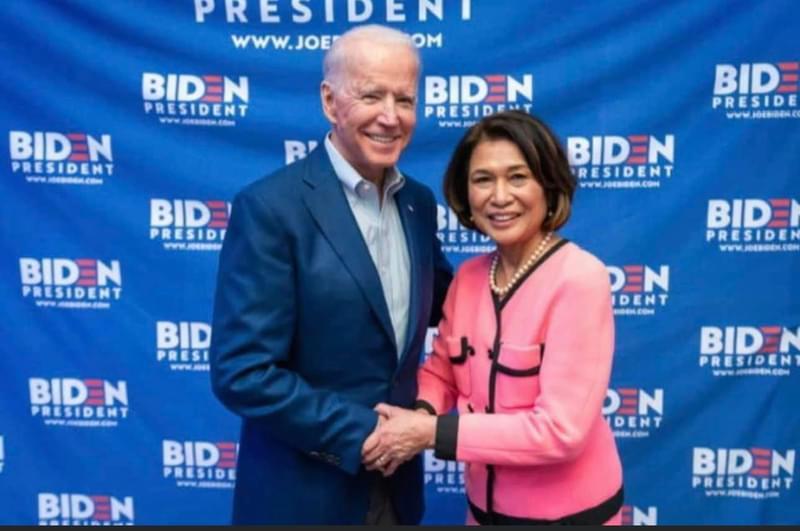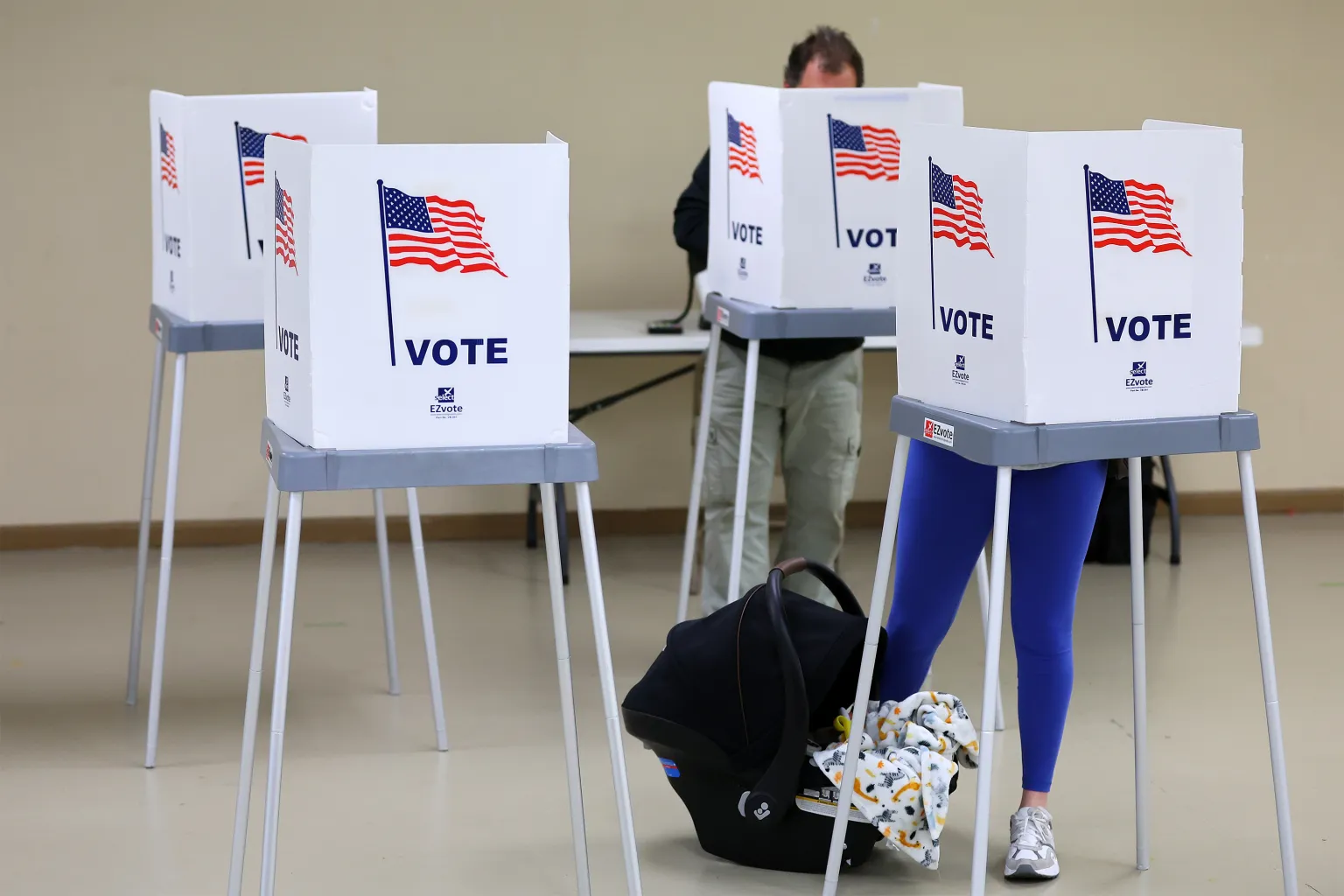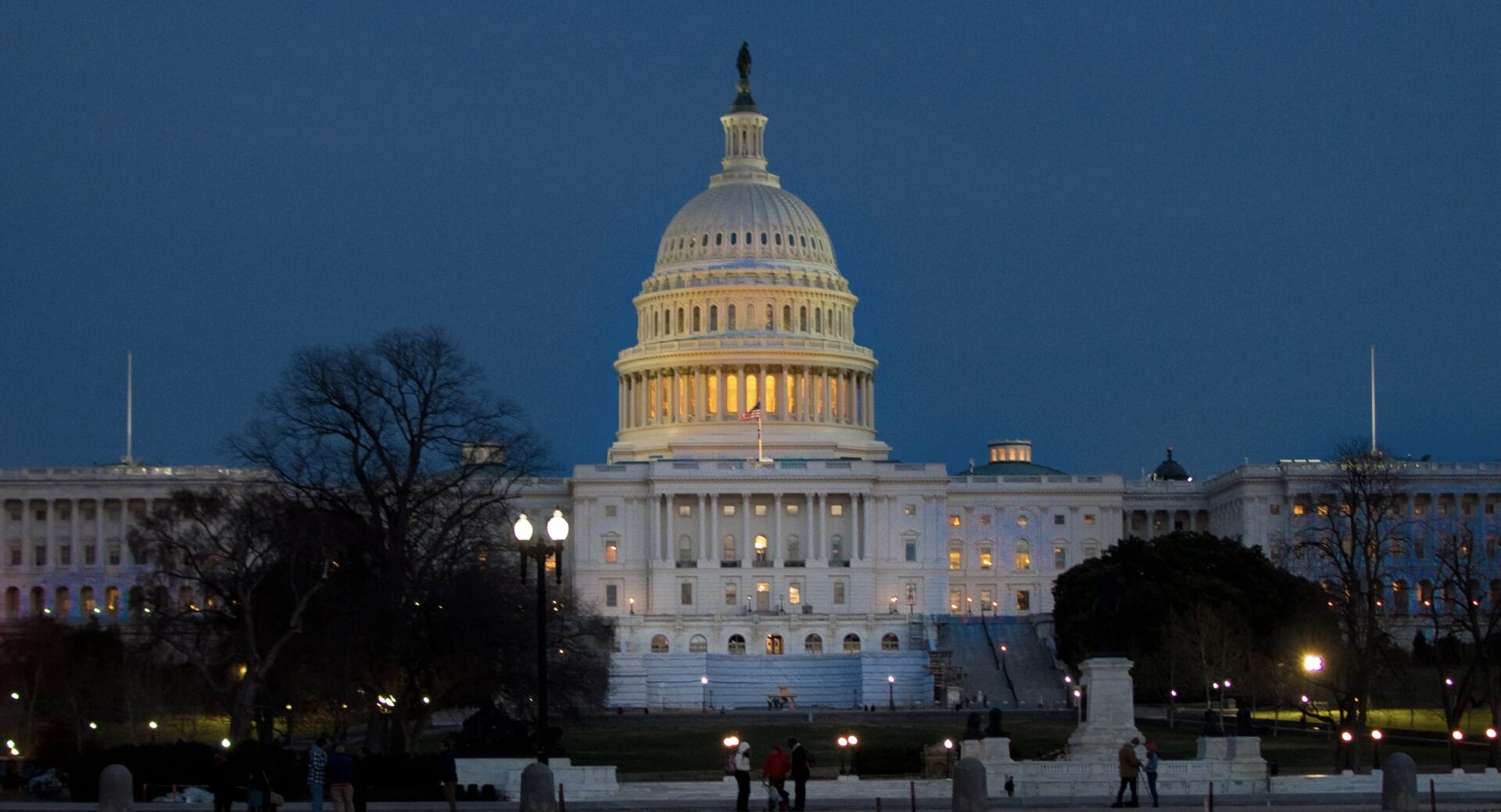THE sixth Democratic debate aired Thursday, Feb. 11 at the University of Wisconsin-Milwaukee, hosted by PBS NewsHour. It was the second debate between only former First Lady and US Secretary of State, Hillary Clinton, and Vermont Governor Bernie Sanders, and the final round before the Nevada caucuses.
After a sweeping loss in the New Hampshire primary, Clinton worked to generate more momentum in the Midwest, specifically to African American voters who are more supportive of her campaign. Sanders, in an improved performance since the past two weeks, spoke passionately about issues on criminal justice in an effort to reach non-white supporters.
As the rivals laid out their differences and strategies for American policy, the differences between the two candidates’ rhetoric became strikingly apparent.
“There aren’t enough good paying jobs, especially for young people. And yes, the economy is rigged in favor of those at the top,” Clinton said in her opening remarks. When asked about women by the two female debate moderators, PBS co-anchors Gwen Ifill and Judy Woodruff, Clinton said that she has “spent my entire adult life working toward making sure that women are empowered to make their own choices, even if that choice is not to vote for me.”
“And this is the first time there have been a majority of women on the stage,” Clinton added.
Sanders, in an effort to appeal to minority voters, talked about race relations in the US. “We are looking at institutional racism,” he declared, also citing alarming rates of mass incarceration, youth unemployment, and systemic poverty along racial lines, according to ABC News. When asked point blank of race relations would be better under the Sanders administration, he swiftly replied, “Yes, absolutely.”
“What we will do is say instead of giving tax breaks to billionaires, we are going to create millions of jobs for low income kids so they’re not hanging out on street corners. We’re going to make sure that those kids stay in school or are able to get a college education.”
Clinton sought to damage Sanders’ proposals, portraying them as unrealistic, and said it was important for the American people to support both of their programs.
“We should not make promises we can’t keep,” Clinton argued, warning of her rivals plans to push for a single-payer health care program that would “gridlock the political system, and jeopardize the Affordable Care Act [Obamacare],” reported CNN.
“Yes, the economy is rigged in favor of those at the top,” she said, agreeing with Sanders on the ongoing issue with Wall Street. “I know a lot of Americans are angry at the economy and for good cause. Americans haven’t had a raise in 15 years.”
Throwing shade at Ms. Clinton’s super political action committee, Sanders also mentioned the “corrupt campaign finance system” funded by “extraordinarily wealthy people who make very large contributions to super PACs,” to which Clinton replied, “We are mixing apples and oranges. My 750,000 donors have contributed more than a million and a half donations. I’m very proud.”
She also laid out her loyalty to President Obama, promising to strengthen his Affordable Care Act and continue his legacy, mentioning his name 21 times. Meanwhile, Sanders criticized the President’s deportation policies, promising to use his executive power to expand protections and benefits for immigrants, reported LA Times.
“[My policy] aims to keep families together,” Sanders quipped, echoing Obama’s frequent rhetoric on immigration and his delayed executive actions to offer eligible undocumented immigrants legal temporary protection–sweeping policies that both candidates have said they supported, but would go “even further.”
Clinton also stated her goals to “deporting criminals, not hard-working immigrant families who do the best they can.”
The rivals continued to debate about race relations, the economy, and an unexpected quarrel about former US Secretary of State Henry Kissinger’s support of Clinton.
“In her book and in this last debate, she talked about getting the approval or the support or the mentoring of Kissinger,” Sanders said. “I happen to believe [he] was one of the most destructive secretaries of state in the modern history of this country. I’m proud to say that Henry Kissinger is not my friend. I will not take advice from Henry Kissinger.”
“Well, I know journalists have asked who you do listen to on foreign policy and we have yet to know who that is,” Clinton pointed out, to which Sanders fired back, “Well it ain’t Henry Kissinger, that’s for sure.”
In her closing arguments, Clinton said that Americans live in a “single-issue country” with many barriers needed to be broken, including racism, sexism, and discrimination: “We’ve got to stand up for unions and working people who have done it before, the American middle class, and those being attacked by ideologues and demagogues.”
Agreeing with the big partisan issues which continue divide Americans, Sanders finished, “We have to stand up to the Trumps of the world who are trying to divide us.”





